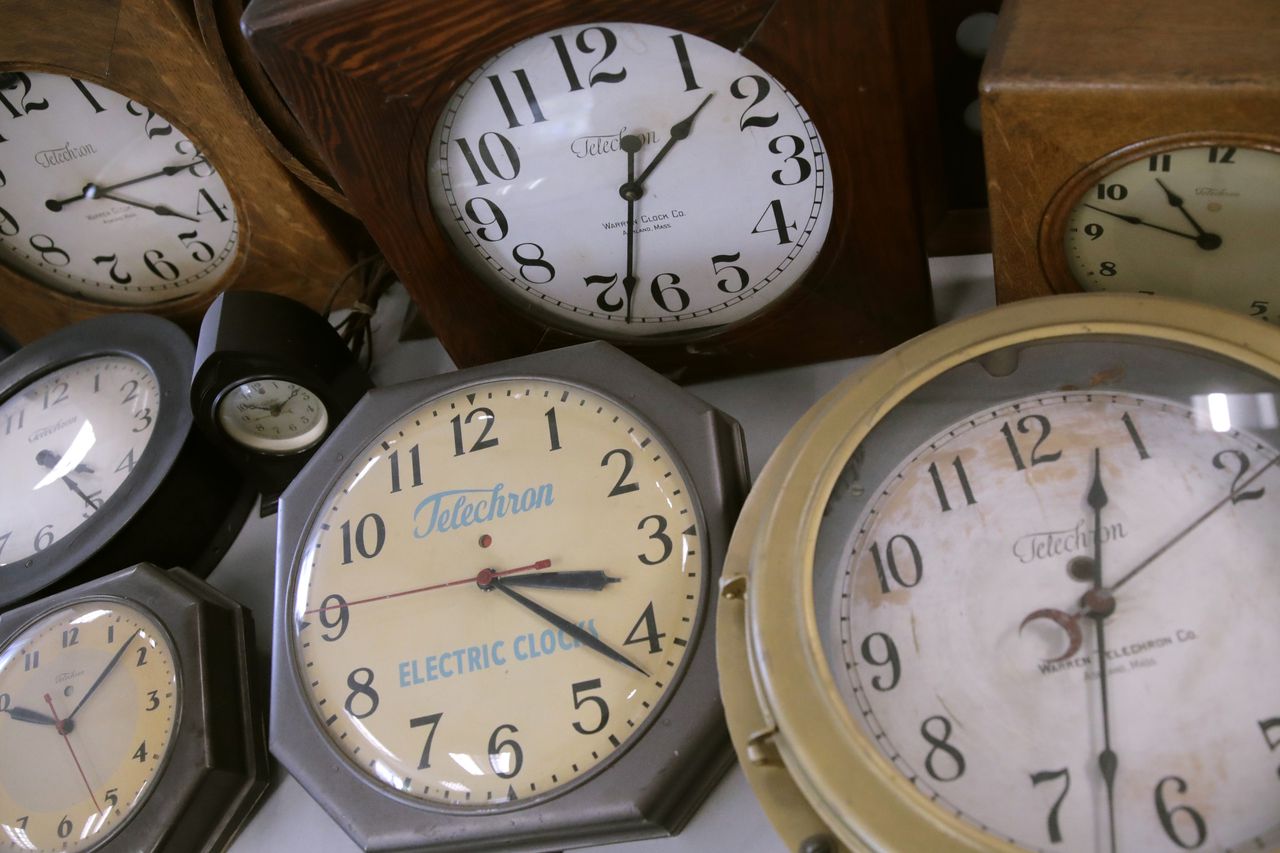Daylight saving time ends: There’s something else you need to do this weekend
The end of daylight saving time this weekend means we’ll set our clocks back an hour before going to bed Saturday night. There’s something else you need to do this weekend as well, according to the U.S. Consumer Product Safety Commission.
CPSC urges people to create a new habit and change the batteries in their smoke and carbon monoxide alarms when you change your clocks. That simple act can go a long way towards protecting your home and family. According to CPSC, there were about 346,800 residential fires in 2019, resulting in about 2,490 deaths, 11,760 injuries and $7.38 billion in property damage.
READ MORE: Time change this weekend: Get ready to ‘fall back’ 1 hour as daylight saving time ends
Winter makes these devices even more important as people spend more time at home and furnaces, fireplaces and other fuel burning appliances are frequently in use.
Carbon monoxide is called the invisible killer because you cannot see or smell it. Carbon monoxide poisoning can come from portable generators, home heating systems and other CO-producing appliances and the majority of CO deaths occur in the colder months of the year, between November and February.
CO poisoning is responsible for about 400 deaths in the U.S. each year, according to the Centers for Disease Control and Prevention.
More safety tips:
- Test smoke and carbon monoxide alarms monthly to make sure they are working. CPSC recommends installing smoke alarms on every level of the home, inside each bedroom and outside sleeping areas. CO alarms should be installed on each level of the home and outside sleeping areas.
- Change the batteries: Batteries should be replaced in alarms at least once each year unless the alarms have sealed 10-year batteries. Replace the smoke alarm if it is more than 10 years old.
- Make a fire escape plan: Make sure there are two ways out from each room and a clear path to outside from each exit. Once out, stay out of the house.
- Close bedroom doors: During a fire, closed bedroom doors can slow the spread and allow extra moments to get to safety.
